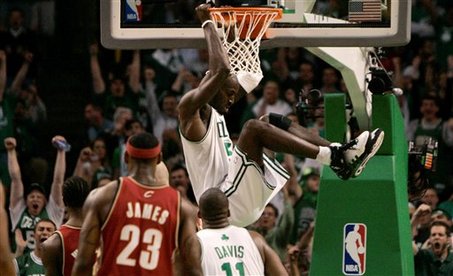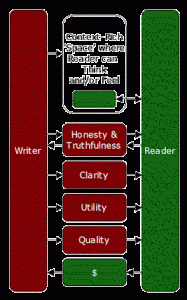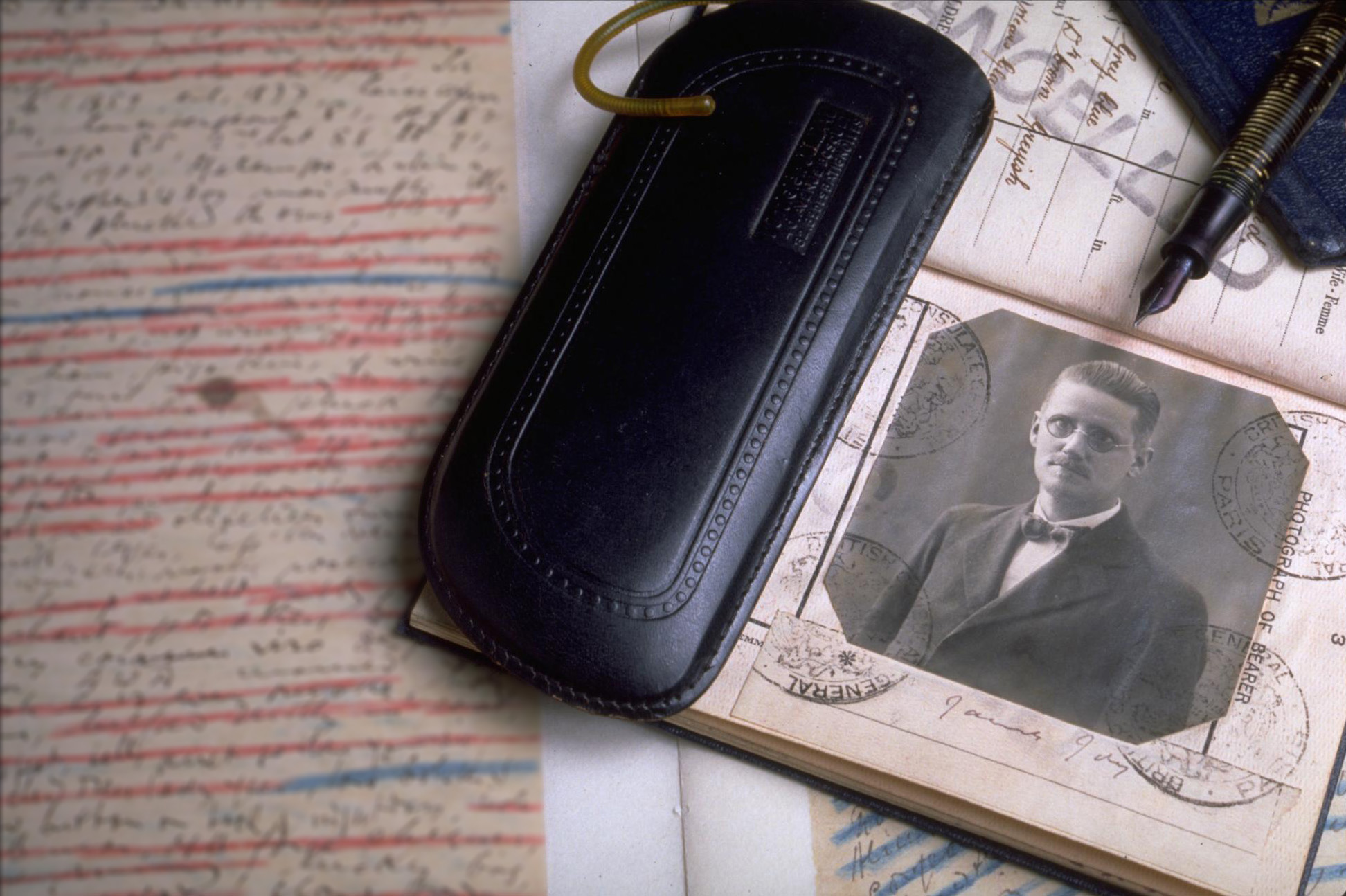Stephen Tully Dierks punches Megan Boyle with Love and Understanding
 This is Stephen’s review of Megan’s book:
This is Stephen’s review of Megan’s book:
2011 Tournament of Bookshit Brackets & Prizes

Bracket predictions for the 2011 Tournament of Bookshit will close tomorrow at noon eastern time, at which point the tourney will begin.
You can fill out & submit your bracket here.
The current prize pool, to be given to the highest bracket score or scores (to be determined soon), includes the following list. Thanks to everyone so generous so far. Anyone else wanting to contribute, please comment. READ MORE >
Let’s all take the internet addiction test together and compare answers
I’ll start! Then you show me yours, in the comment box, if you want.
1) How often do you find that you stay online longer than you intended?
Rarely
Occasionally
Frequently
Often
Always
2) How often do you neglect household chores to spend more time online?
Rarely
Occasionally
Frequently
Often
Always
3) How often do you prefer the excitement* of the internet to intimacy with your partner?
Rarely
Occasionally
Frequently
Often
Always
*haha, ‘excitement’
[LMC}: A Way to Feel About Joshua Cohen’s Writing (You Can’t)
I read the massive whole of Joshua Cohen’s WITZ thinking, “I can’t finish this” and I did and it didn’t finish me, though I thought it might and I came out of it with some collateral damage. A book can’t finish you. The intention of WITZ was an end to Jewish kitsch, and you can’t know if that end was achieved, though Mr. Cohen flattened every stereotype with his hammer prose until all the Catskills punch lines were burned away at the end of that tortuous final passage, issuing to the air like crematory smoke and now, you can’t make those jokes anymore. So maybe he did it. Phillip Roth, king of Jewish kitsch, writes about polio and geezer sex fantasies now. Who knows what Woody Allen is up to.
I read a paragraph of his in the Paris Review, a lyrical wonder about German art students on bicycles and thought and still think, “You can’t write a better paragraph than that,” and so far, nobody has.
What We Are Owed
Thoughts on the question: Does a writer owe anything to their readers?
1. A blind item: A writer I think is really talented and original capable of making amazing things severely disappoints me with his current work. I want him to go back to the stuff he wrote near(ish) the beginning of his career. I usually read any of the new work, hoping for the old work to have come back, somehow.
1 a. This new writer-I-don’t-like-so-much came along and ate the writer-I-liked-a-lot. He swallowed him whole. It’s over. Sometimes I tell myself, “go read something else or write something better.”
1 c. I think about a good friend’s adorably woeful expression after she completed Lorrie Moore’s A Gate At The Stairs. “Don’t even think about reading it. Don’t put yourself through what I did,” she said. This friend loved every other word Lorrie Moore had ever written. A “bad” novel feels, somehow, like a personal insult.
2. Some writers say that the minute you think of your audience you’ve stopped writing.
3. A few readers acted as if Ben Marcus had personally come to their home and punched them in the face when he published a story in The New Yorker that didn’t look much like their favorite Ben Marcus stories.
4 a. Other writers think you must consider the reader, that you owe those eyes something.
4 b. So there is a distinction between the “reader” and the “audience,” and the message would be, don’t consider the audience, but do consider the reader? Are we asking writers, then, to be in a more personal relationship with a faceless reader rather than be aware of what an audience, on average, might be expecting?
4 c. How does one make a bridge to those eyes moving across the page, the unspeaking mouth, the concentrated mind?
4 d. And can one consider the reader too much?
5 a. I once was at an author’s reading and there were questions at the end and a woman who had been sitting in the front row and staring hard at the author (I assumed it was some encouraging friend) asked a question that turned into a profuse and unyielding compliment that then turned to a love song that turned into an extended awkward moment while the woman asked the author, “How do you cope with it– telling stories so personal and touching people so directly?” Someone said she had a prozac quiver in her voice and I thought she was going to explode with tears.
5 b. The author just said he doesn’t, that it wasn’t his problem. He puts it out there and you turn it into whatever you want.
Privacy, Personal Papers, Pricks, Rumps
Do we have the right to read, discuss and analyze the personal papers of famous writers, often who have died? I think about this a lot because I am as curious (nosy) as I am uncomfortable with the idea of intellectually traipsing through a writer’s personal papers. In Slate last week, Katie Roiphe wrote about David Foster Wallace’s syllabus. Her article wasn’t particularly noteworthy but I was reminded of how often writers write about DFW and, increasingly, draw from his personal papers. Who knows how many hundreds, if not thousands of articles have been written about the man, the writer, and the scholar, each one trying to offer some kind of new insight into the man and his work. Certainly, there’s a lot to be learned from most things related to DFW including his syllabi. He had a unique, at times incisive approach to communicating to his students the material that would be covered in his courses as well as his general expectations of students in his classes. At the same time, as a teacher, I shudder to imagine anyone reading too much into my syllabi because I know how the sausage gets made.
Uh oh. Time for byebye money. Dalkey Archive’s yearly holiday sale, with 10 books for $65 or 20 books for $120.
14 iSidelong iSpringlizards Lifted (what were they doing there?!) from my iHot Velveeta
1. That time travel/forum flash you saw once; it hit you like lobbed Pringles. You wondered where it was, something.
At 18:06:59, BigChill wrote:
Take it easy on the kid, SilverFox316; everybody kills Hitler on their first trip. I did. It always gets fixed within a few minutes, what’s the harm?
3. Yo, fantasy novel pitch: You ford the dawn. You have a ring and/or sword (naturally–all Fantasy is oddly derivative of Tolkien). You put the ring/sword down (finally). I unwrap you an Interesting Sandwich. Here it is: These Iraq photos were taken through Humvee windows and military-issue night vision goggles. Sort of green/glow/combustible clap/badass. Do eyeball:
2. Shopping? Well, think on this: I suggest a Scientific (wow, it’s scientific!) Talking Meat Thermometer. (It only speaks English, Spanish, German, French, and Danish. That’s sketchy.)
4. Largest collection of fish posters I’ve seen since noon-thirty.
5. Wonderful, wonderful essay by Jim Harrison, for those that worship wine.
I have long since publicly admitted that I seek spirituality through food and wine. In France, Italy, and Spain, I seem more drawn to markets and cafés than to churches and museums. Too many portraits of bleeding Jesus and his lachrymose Momma make me thirsty. The Lord himself said on the cross, “I thirst” and since our world itself has become a ubiquitous and prolonged crucifixion it is altogether logical that we are thirsty.
14. Does anyone here write by hand? I’d like to hear you talk about that, why, why it’s necessary to you, why brain to hand to actual felt page is a preferred—and essential—difference than tap, tap, tap, glowing, white pretty pixel monitor fat, white face. Tote me some knowledge.






